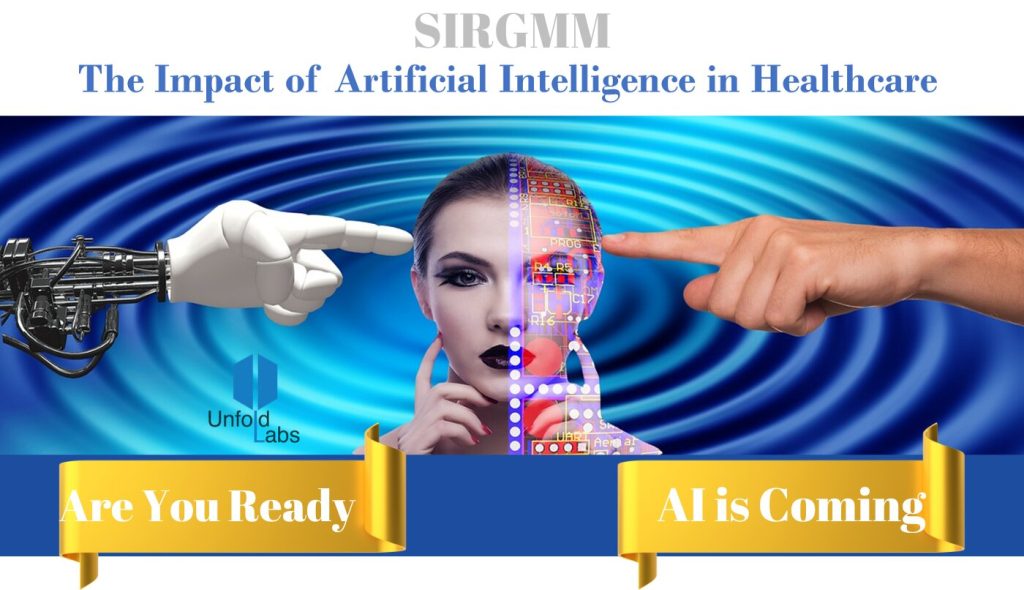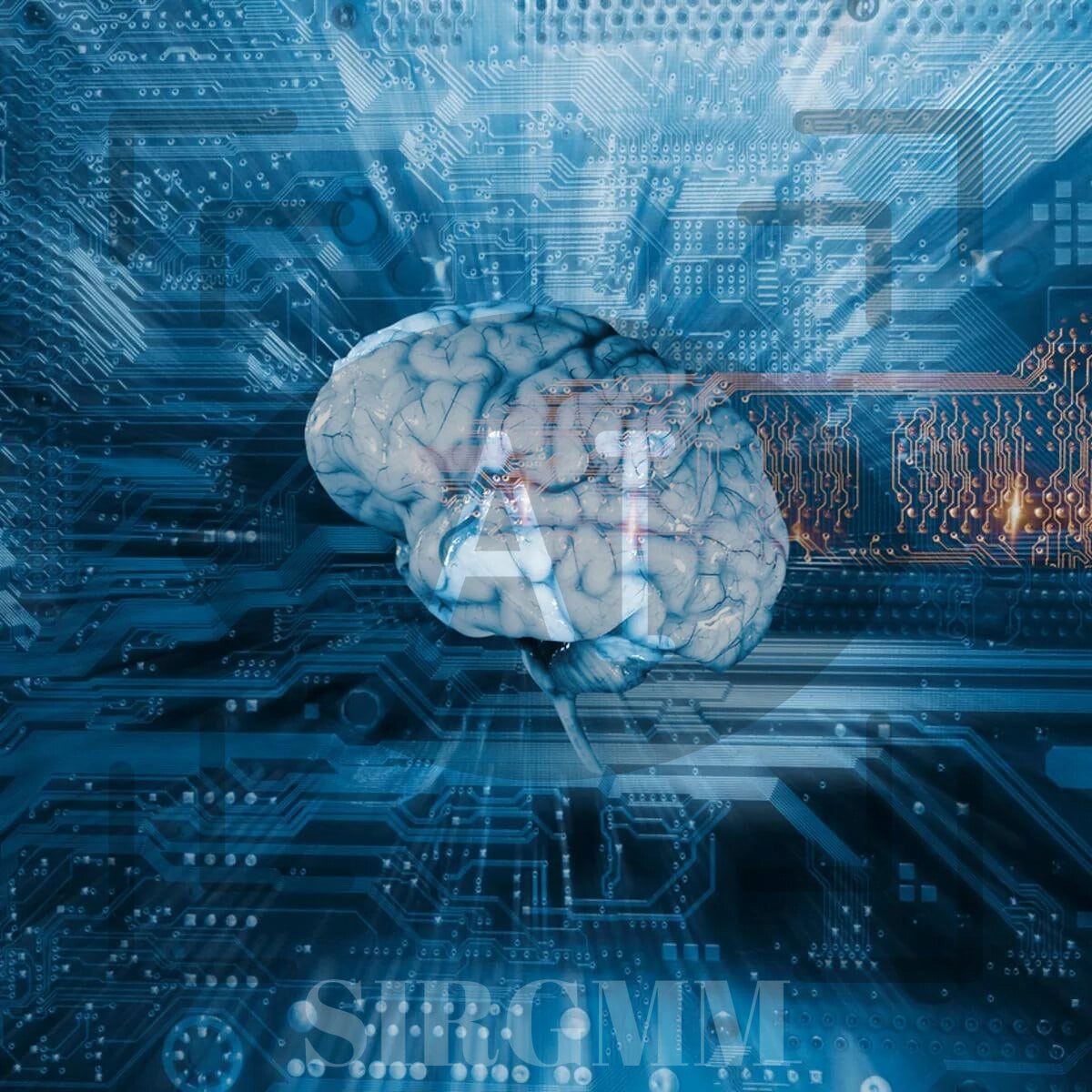How will artificial intelligence (AI) affect the future of internal health?
An introductory group at the Massachusetts Institute of Technology (MIT) is applying emotional AI to improve internal health and overall quality of life. Recently, the Affective Computing Research Group at the MIT Media Lab published a new study that provides empirical evidence that empathic artificial intelligence (AI) machine learning can cancel out the negative baggage of anger on human creative problem-solving.
The MIT study involved over a thousand actors playing a word guessing game, Wordle, to see how wrathfulness and empathy impact performance. Those assigned to the wrathfulness elicitation condition performed inadequately compared to the control group. The exploration shows that a humane AI agent can reduce the negative impact of wrathfulness on creative problem working.
Emotion AI, also known as artificial emotional intelligence, is a subset of AI that reacts, simulates, quantifies, and comprehends mortal feelings. Affective computing is calculating that relates to, arises from, or designedly influences feelings. The field was introduced in 1995 in a paper penned by Rosalind. Picard, Sc.D., FIEEE, an MIT professor of media trades and lores, star Investigator at MIT’s Jameel Clinic, the author and director of the Affective Computing Research Group at the MIT Media Lab, and co-founder of MIT spinouts Affectiva( now part of Smart Eye) and Empatica. In the paper, Picard suggests that computers need the capability to fete and express affection to interact naturally and intelligently with humans.
(“ We are looking at openings where AI can be of immediate help, ” said Picard). (“ Since there aren’t enough therapists for people suffering from depression and anxiety the two largest sources of internal illness — we’re looking at what can be done with technology to support those people). And in particular, we’re allowing about not just healthcare, which is misapplied because it’s just sick care, but about real healthcare — before people are depressed, diagnosed with Major Depressive complaints or anxiety complaints. ”
One of the current exploration systems at MIT’s Jameel Clinic is creating individualized AI machine literacy for perfecting internal health. Roughly 22 percent of undergraduates at MIT suffer from severe or relatively severe depression according to MIT. The design pretensions are to develop a system to cover changes in Major Depressive complaint situations and read the line, identify the crucial variables, and enable personalized time-adaptive treatments. The end is to use substantiated digital drugs to enable the delivery of optimal MDD forestallment or treatment to underserved populations, breaking down the walls of time, cost, vacuity, and trust.

Last time MIT unveiled a study at the International Conference on Machine Learning( ICML) 2021 that bettered the delicacy of AI machine literacy algorithms for prognosticating clinical Hamilton Depression Rating Scale scores( HDRS- 17). The Hamilton Rating Scale for Depression is a questionnaire designed by Max Hamilton at the Department of Psychiatry, University of Leeds, that was published in the Journal of Neurology, Neurosurgery, and Psychiatry in 1960. It’s generally used to assess clinical depression, also called Major Depressive Disorder( MDD), a serious internal health complaint that can limit a person’s capability to perform diurnal conditioning. The MIT experimenters used mixed goods arbitrary timbers( MERF) and some labeled case data when training the algorithm. As a performing, their AI outperformed standard arbitrary timbers and particular average nascences when prognosticating clinical Hamilton Depression Rating Scale scores.
This is just one of the numerous MIT exploration systems at the crossroad of AI machine literacy and internal health. Other systems include a scalable AI recommender system to customize remedy recommendations to ameliorate internal health grounded on the stoner’s current environment, once preferences, and analogous druggies, a study that examines whether humans or AI are more at detecting deep fake vids, the creation of three AI computer vision modeling styles to prognosticate a motorist’s stress situations grounded on the driving scene, a digital internal health intervention game called The Guardians Unite the Realms that engages druggies to complete activation interventions, and numerous further exploration systems.
“To internal health and AI, I suppose there are a lot of openings, ” said Picard. “We’ve got a lot to comprehend from the cerebral society, we aren’t attempting to replace them. I suppose erecting an AI that replaces people, in general, is a really bad idea. What we’re looking at is how to make the kind of AI that augments and expands what people can do. ”

